
A-Level Further Mathematics for Year 12 - Course 2: 3 x 3 Matrices, Mathematical Induction, Calculus Methods and Applications, Maclaurin Series, Complex Numbers and Polar Coordinates
Description
This course by Imperial College London is designed to help you develop the skills you need to succeed in your A-level further maths exams.
You will investigate key topic areas to gain a deeper understanding of the skills and techniques that you can apply throughout your A-level study. These skills include:
- Fluency – selecting and applying correct methods to answer with speed and efficiency
- Confidence – critically assessing mathematical methods and investigating ways to apply them
- Problem solving – analysing the ‘unfamiliar’ and identifying which skills and techniques you require to answer questions
- Constructing mathematical argument – using mathematical tools such as diagrams, graphs, logical deduction, mathematical symbols, mathematical language, construct mathematical argument and present precisely to others
- Deep reasoning – analysing and critiquing mathematical techniques, arguments, formulae and proofs to comprehend how they can be applied
Over eight modules, you will be introduced:
- The determinant and inverse of a 3 x 3 matrix
- Mathematical induction
- Differentiation and integration methods and some of their applications
- Maclaurin series
- DeMoivre’s Theorem for complex numbers and their applications
- Polar coordinates and sketching polar curves
- Hyperbolic functions
Your initial skillset will be extended to give a clear understanding of how background knowledge underpins the A-level further mathematics course. You’ll also, be encouraged to consider how what you know fits into the wider mathematical world.
Tags
Syllabus
Module 1: Matrices - The determinant and inverse of a 3 x 3 matrix
- Moving in to three dimensions
- Conventions for matrices in 3D
- The determinant of a 3 x 3 matrix and its geometrical interpretation
- Determinant properties
- Factorising a determinant
- Transformations using 3 x 3 matrices
- The inverse of a 3 x 3 matrix
Module 2: Mathematical induction
- The principle behind mathematical induction and the structure of proof by induction
- Mathematical induction and series
- Proving divisibility by induction
- Proving matrix results by induction
Module 3: Further differentiation and integration
- The chain rule
- The product rule and the quotient rule
- Differentiation of reciprocal and inverse trigonometric functions
- Integrating trigonometric functions
- Integrating functions that lead to inverse trigonometric integrals
- Integration by inspection
- Integration using trigonometric identities
Module 4: Applications of Integration
- Volumes of revolution
- The mean of a function
Module 5: An Introduction to Maclaurin series
- Expressing functions as polynomial series from first principles
- Maclaurin series
- Adapting standard Maclaurin series
Module 6: Complex Numbers: De Moivre's Theorem and exponential form
- De Moivre's theorem and it's proof
- Using de Moivre’s Theorem to establish trigonometrical results
- De Moivre’s Theorem and complex exponents
Module 7: An introduction to polar coordinates
- Defining position using polar coordinates
- Sketching polar curves
- Cartesian to polar form and polar to Cartesian form
Module 8: Hyperbolic functions
- Defining hyperbolic functions
- Graphs of hyperbolic functions
- Calculations with hyperbolic functions
- Inverse hyperbolic functions
* Differentiating and integrating hyperbolic functions
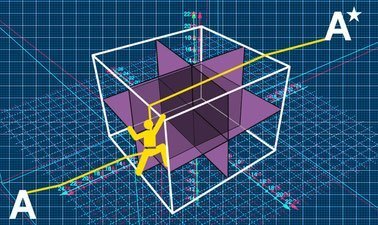
A-Level Further Mathematics for Year 12 - Course 2: 3 x 3 Matrices, Mathematical Induction, Calculus Methods and Applications, Maclaurin Series, Complex Numbers and Polar Coordinates
-
TypeOnline Courses
-
ProviderEdX
This course by Imperial College London is designed to help you develop the skills you need to succeed in your A-level further maths exams.
You will investigate key topic areas to gain a deeper understanding of the skills and techniques that you can apply throughout your A-level study. These skills include:
- Fluency – selecting and applying correct methods to answer with speed and efficiency
- Confidence – critically assessing mathematical methods and investigating ways to apply them
- Problem solving – analysing the ‘unfamiliar’ and identifying which skills and techniques you require to answer questions
- Constructing mathematical argument – using mathematical tools such as diagrams, graphs, logical deduction, mathematical symbols, mathematical language, construct mathematical argument and present precisely to others
- Deep reasoning – analysing and critiquing mathematical techniques, arguments, formulae and proofs to comprehend how they can be applied
Over eight modules, you will be introduced:
- The determinant and inverse of a 3 x 3 matrix
- Mathematical induction
- Differentiation and integration methods and some of their applications
- Maclaurin series
- DeMoivre’s Theorem for complex numbers and their applications
- Polar coordinates and sketching polar curves
- Hyperbolic functions
Your initial skillset will be extended to give a clear understanding of how background knowledge underpins the A-level further mathematics course. You’ll also, be encouraged to consider how what you know fits into the wider mathematical world.
Module 1: Matrices - The determinant and inverse of a 3 x 3 matrix
- Moving in to three dimensions
- Conventions for matrices in 3D
- The determinant of a 3 x 3 matrix and its geometrical interpretation
- Determinant properties
- Factorising a determinant
- Transformations using 3 x 3 matrices
- The inverse of a 3 x 3 matrix
Module 2: Mathematical induction
- The principle behind mathematical induction and the structure of proof by induction
- Mathematical induction and series
- Proving divisibility by induction
- Proving matrix results by induction
Module 3: Further differentiation and integration
- The chain rule
- The product rule and the quotient rule
- Differentiation of reciprocal and inverse trigonometric functions
- Integrating trigonometric functions
- Integrating functions that lead to inverse trigonometric integrals
- Integration by inspection
- Integration using trigonometric identities
Module 4: Applications of Integration
- Volumes of revolution
- The mean of a function
Module 5: An Introduction to Maclaurin series
- Expressing functions as polynomial series from first principles
- Maclaurin series
- Adapting standard Maclaurin series
Module 6: Complex Numbers: De Moivre's Theorem and exponential form
- De Moivre's theorem and it's proof
- Using de Moivre’s Theorem to establish trigonometrical results
- De Moivre’s Theorem and complex exponents
Module 7: An introduction to polar coordinates
- Defining position using polar coordinates
- Sketching polar curves
- Cartesian to polar form and polar to Cartesian form
Module 8: Hyperbolic functions
- Defining hyperbolic functions
- Graphs of hyperbolic functions
- Calculations with hyperbolic functions
- Inverse hyperbolic functions
* Differentiating and integrating hyperbolic functions
Related Courses

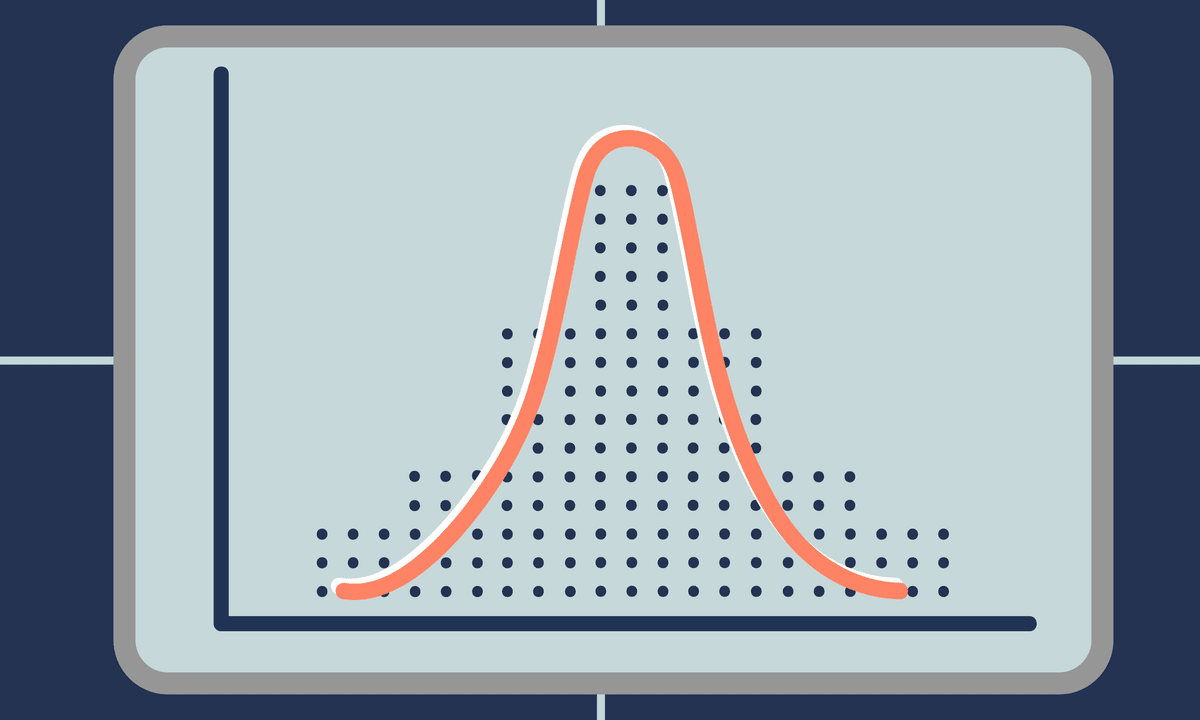
Bayesian Statistics: Capstone Project
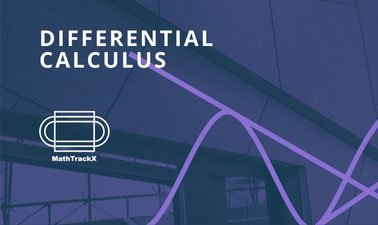
MathTrackX: Differential Calculus

Математика в тестировании дискретных систем

Bayesian statistics
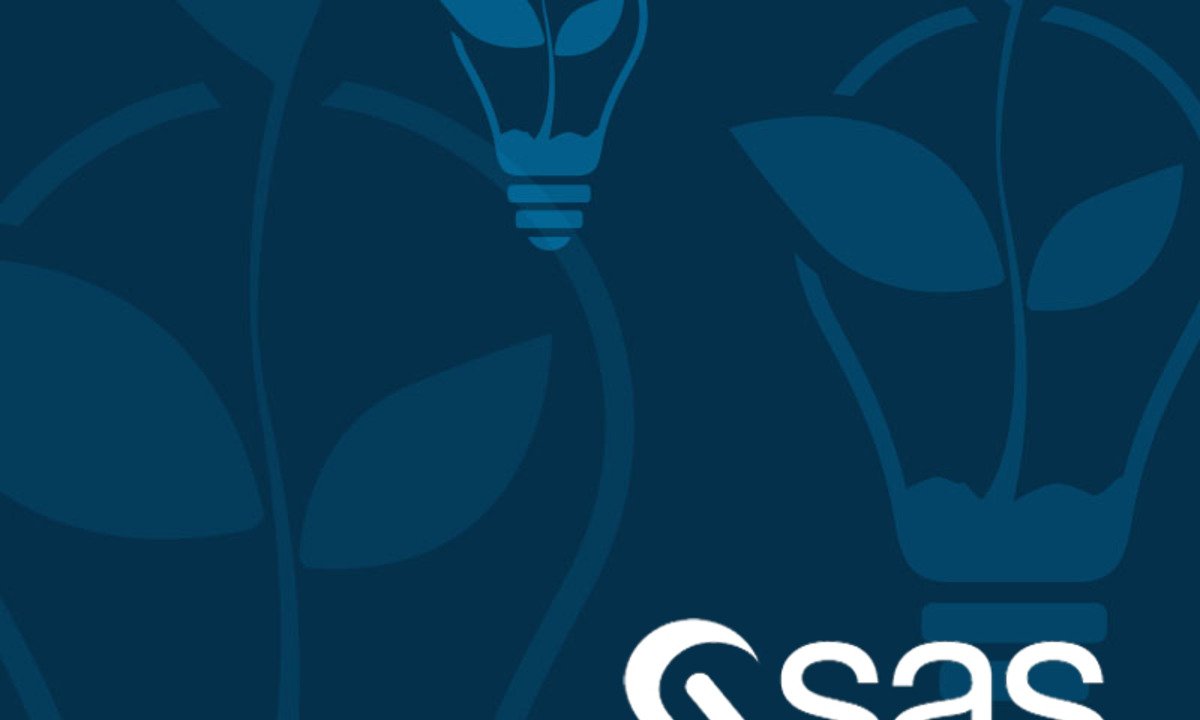
Statistics with SAS

Statistics

STAT 506: Sampling Theory and Methods

Introduction to Linear Algebra and Python
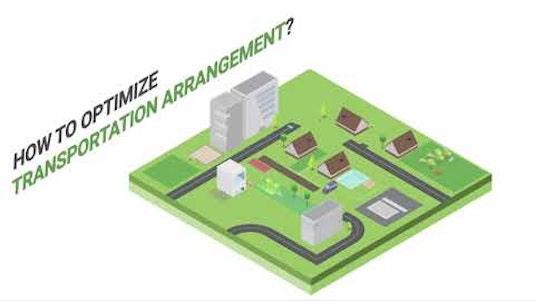
Operations Research: an Active Learning Approach

Discrete Math


 Online Courses
Online Courses  EdX
EdX
